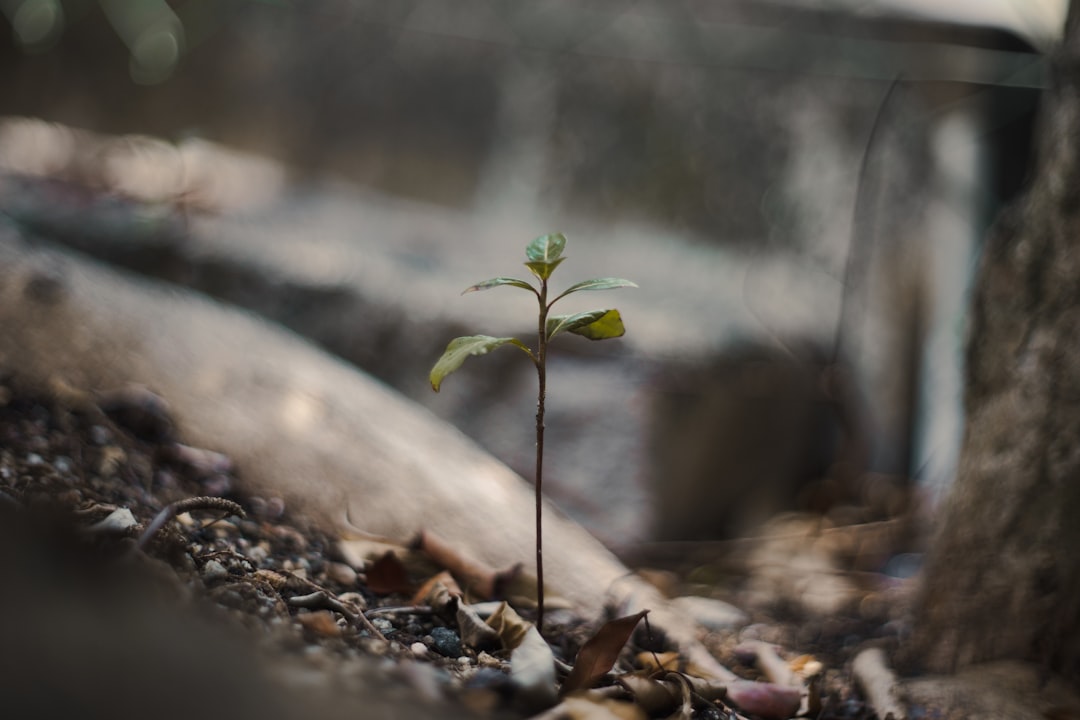In an ever-evolving world, the pursuit of personal growth and self-improvement has become a universal aspiration. People across cultures and continents are seeking ways to enhance their well-being, boost productivity, and find greater fulfillment. This drive isn’t just a fleeting trend; it’s a fundamental human desire to evolve and adapt. From ancient philosophical practices to modern psychological techniques, the methods for self-betterment are diverse and continually expanding.
This article delves into some of the most popular and effective self-improvement methods embraced worldwide in 2025. We’ll explore practices that foster mental clarity, build strong habits, and cultivate resilience, providing you with actionable insights to begin or deepen your own journey of transformation. Prepare to discover strategies that can help you unlock your full potential and lead a more purposeful life.
The Power of Mindfulness and Meditation
Mindfulness and meditation have transcended their spiritual origins to become mainstream tools for mental well-being. These practices involve focusing on the present moment, observing thoughts and feelings without judgment. Research consistently shows that regular meditation can reduce stress, improve focus, and enhance emotional regulation. Its global adoption reflects a growing recognition of the need for mental clarity in a fast-paced world.

Integrating Mindfulness into Daily Life
Beyond formal meditation sessions, mindfulness can be integrated into everyday activities. This includes mindful eating, walking, or even listening. The goal is to bring a heightened sense of awareness to routine tasks, transforming mundane moments into opportunities for presence and calm.
Effective Goal Setting and Planning
Setting clear, achievable goals is a cornerstone of self-improvement. Without a defined destination, it’s challenging to chart a course for progress. The SMART goal framework (Specific, Measurable, Achievable, Relevant, Time-bound) remains a globally recognized and highly effective method for structuring objectives, whether personal or professional.

Breaking Down Large Goals
Large, ambitious goals can often feel overwhelming. A common and effective strategy is to break them down into smaller, manageable steps. This approach not only makes the goal seem less daunting but also provides a clear roadmap and opportunities for celebrating small victories along the way, maintaining motivation.
- Define your ultimate goal: What do you truly want to achieve?
- Identify major milestones: What are the key checkpoints on the way?
- Break milestones into actionable tasks: What specific actions can you take today, this week, or this month?
- Set deadlines for each task: Create a timeline to maintain momentum.
Cultivating Positive Habits and Breaking Bad Ones
Our lives are largely a sum of our habits. Understanding how habits are formed and how to intentionally build positive ones or dismantle negative ones is a powerful self-improvement tool. Concepts like “habit stacking” and “environment design,” popularized by authors like James Clear, have gained significant traction globally for their practical applicability.
“Every action you take is a vote for the type of person you wish to become. No single instance will transform your beliefs, but as the votes build up, so does the evidence of your new identity.”
— James Clear, Atomic Habits
The Four Laws of Behavior Change
To make good habits inevitable and bad habits impossible, consider these principles:
- Make it obvious: Place cues for good habits in plain sight.
- Make it attractive: Associate good habits with positive feelings.
- Make it easy: Reduce friction for desired behaviors.
- Make it satisfying: Reward yourself immediately after completing a good habit.
Conversely, to break bad habits, make them invisible, unattractive, difficult, and unsatisfying.
Continuous Learning and Skill Development
In a rapidly changing world, the ability to continuously learn and adapt is paramount. This isn’t limited to formal education; it encompasses reading, online courses, workshops, and even learning from experiences. Lifelong learning enhances cognitive abilities, opens new opportunities, and keeps the mind agile. The rise of online learning platforms has made knowledge more accessible than ever before.

Leveraging Digital Resources for Growth
The digital age offers an unprecedented array of resources for self-improvement. Podcasts, YouTube channels, online courses from platforms like Coursera and edX, and digital libraries provide endless avenues for acquiring new knowledge and skills. Many of these resources are free or low-cost, democratizing access to education.
Prioritizing Physical and Mental Well-being
True self-improvement is holistic, encompassing both mind and body. Neglecting physical health can significantly impede mental clarity, energy levels, and overall productivity. Adequate sleep, balanced nutrition, and regular physical activity are not just health recommendations; they are foundational pillars for any sustainable personal growth journey.
The Interconnectedness of Health
The link between physical activity and mental health is well-documented. Exercise releases endorphins, reduces symptoms of anxiety and depression, and improves cognitive function. Similarly, a nutrient-rich diet fuels the brain, while sufficient sleep allows for memory consolidation and emotional processing. Prioritizing these aspects is a direct investment in your capacity for self-improvement.
Key Well-being Pillars:
| Pillar | Benefit for Self-Improvement |
|---|---|
| Quality Sleep | Enhanced cognitive function, emotional regulation, memory consolidation. |
| Balanced Nutrition | Sustained energy levels, improved mood, better concentration. |
| Regular Exercise | Stress reduction, increased endorphins, improved mental clarity. |
The journey of self-improvement is deeply personal, yet universally pursued. The methods highlighted—from cultivating mindfulness and setting clear goals to building positive habits, embracing continuous learning, and prioritizing holistic well-being—offer a robust framework for anyone seeking to enhance their life. Remember, progress, not perfection, is the ultimate goal.
What single self-improvement method will you commit to exploring or deepening this week? Share your thoughts and experiences in the comments below!
- Mindfulness Research by American Psychological Association – Explore scientific findings on mindfulness.
- WHO Guidelines on Physical Activity and Sedentary Behaviour – Understand the global recommendations for physical health.
